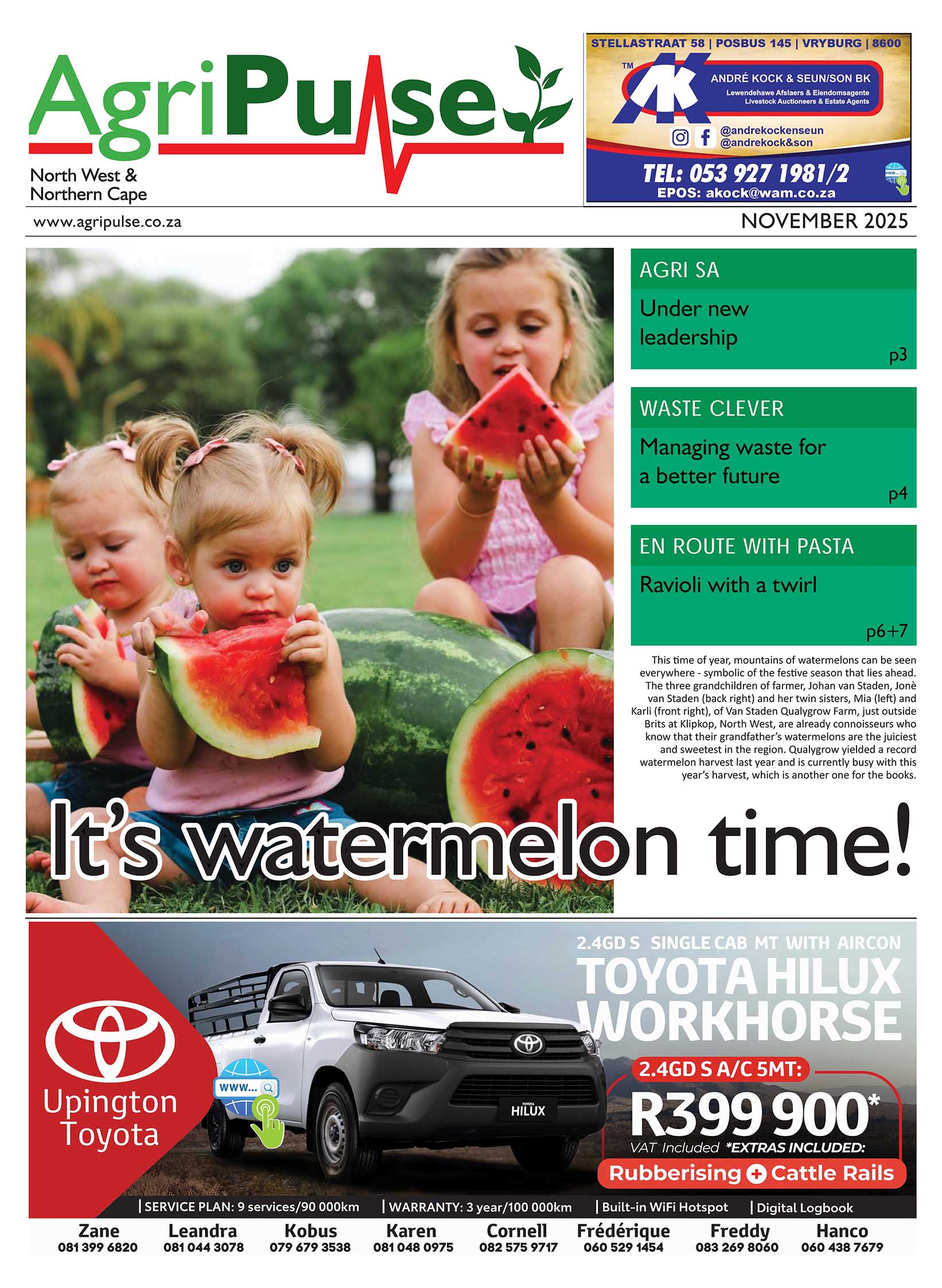Klerksdorp Midweek, Klerksdorp - TLU SA announced a campaign in which South Africans are requested to support our farmers in drought-affected areas.
“Our farmers are facing an uphill battle to feed their animals in the midst of a drought in some areas. So far, we have not had a drop of rain in the Koedoesrand area. There is no grass in sight,” says Danie Prins, TLU SA North Regional Manager.
Imagine being a fifth-generation farmer who has to watch your animals die one by one. It’s a physical pain that makes you curl up. The emotion that farmers experience when their animals die is not the only impact of drought, though. There is also the burden of debt that comes with the continuous purchase of feed for their animals - a burden that keeps increasing. Some farmers have to make the very difficult decision to slaughter their emaciated animals because they don’t want to see them suffer.
Drought however doesn’t only affect our farmers. It impacts farmworkers, families, communities, the industry, and food security. It affects all of South Africa.
“Agriculture in South Africa has a rich history driven by the success of family farms. It is these farms that still contribute significantly to South Africa’s gross domestic product (GDP) today. It is also these commercial farms that ensure there is still food on consumers’ tables,” says Bennie van Zyl, TLU SA General Manager.
TLU SA appeals to all South Africans to support the country’s farmers by making a financial contribution to TLU SA’s Trauma Fund.
TLU SA’s Trauma Fund serves various purposes and is allocated as follows:
- Providing assistance to commercial farmers in drought-affected areas.
- Counselling services for victims and their families in cases of violence on farms and agricultural properties.
- Emergency relief in critical and exceptional cases where the breadwinner has died or has been hospitalised, and there is no other reasonable source of income or assistance to provide immediate needs such as food, accommodation, and stabilising medical services.
- Provision of agricultural emergency relief to farmers.
- Socio-economic upliftment projects.
- Community development in agriculture, including:
- Community capacity-building projects, upliftment, and skills development.
- Training projects and support for community projects.
- Providing training and support to emerging micro-businesses in agriculture.
- Agricultural upliftment projects.
- Training of advisors and emerging farmers in agriculture-related activities.
- Involvement in the conservation and rehabilitation of natural resources.
- Aid to farmers affected by disasters.










